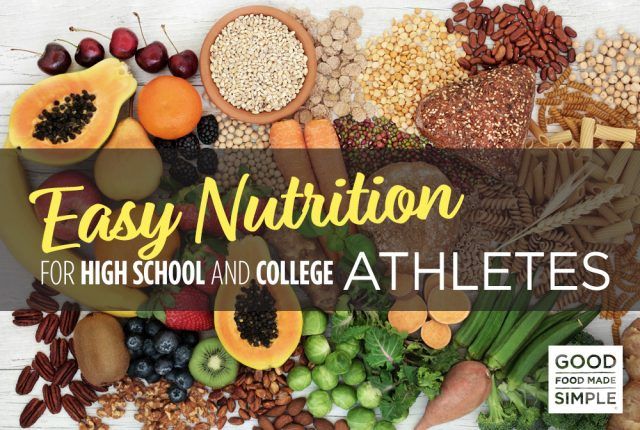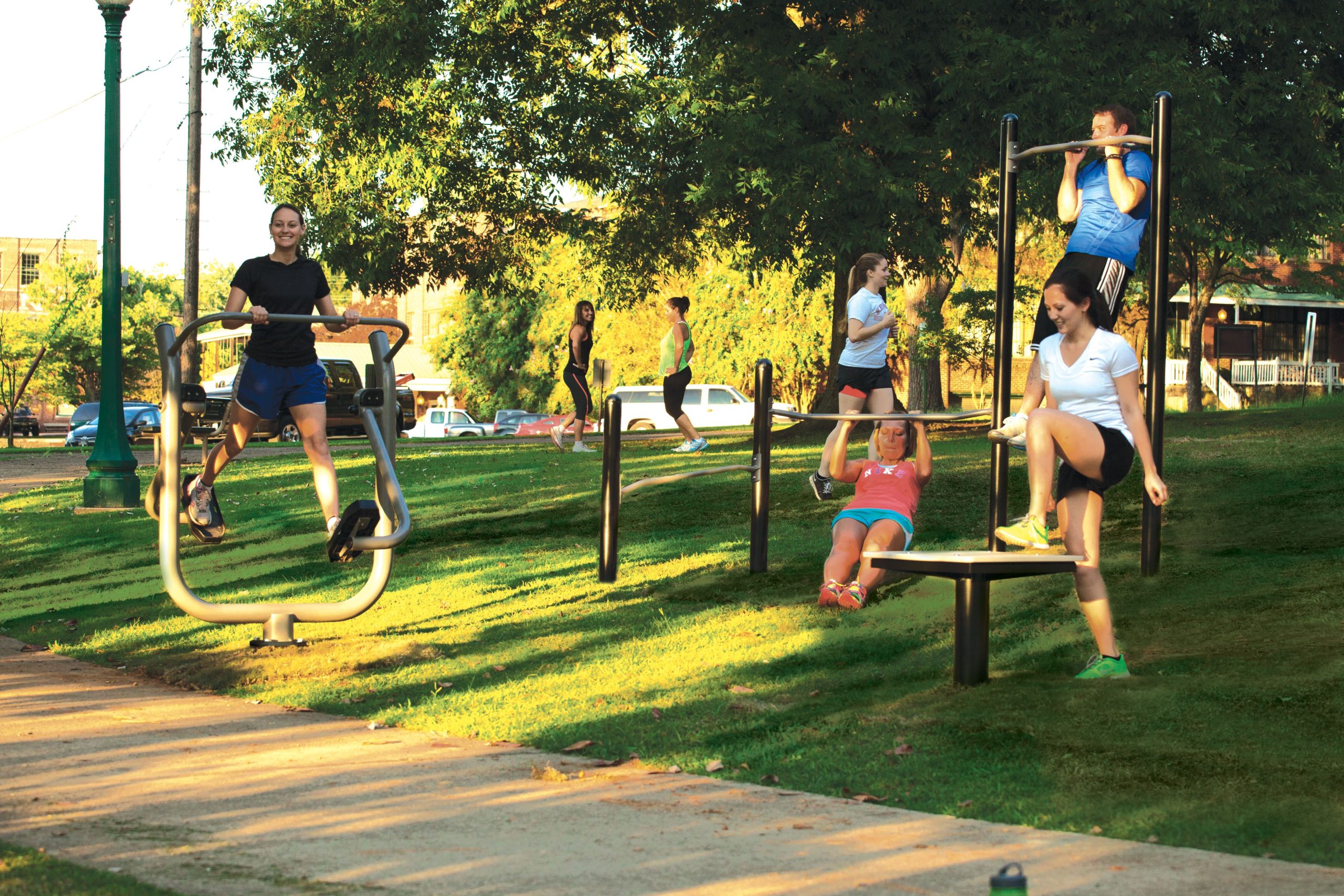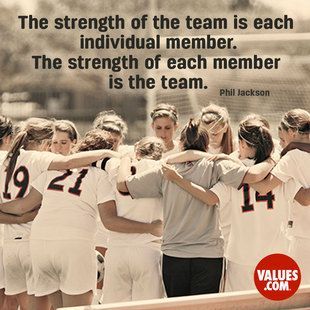
Nutrition Education for High School Athletes
- 0
High school athletes undergo intense physical training and competition, requiring proper nutrition to fuel their bodies and optimize performance. However, many young athletes lack the knowledge and guidance necessary to make healthy food choices. That’s why implementing nutrition education programs specifically designed for high school athletes is crucial.
The Importance of Nutrition for High School Athletes
Nutrition plays a vital role in enhancing athletic performance. A well-balanced diet provides the fuel needed for energy, helps build and repair muscles, improves endurance, and prevents injuries. High school athletes, who are still growing and developing, have unique nutritional needs that must be met to support both their athletic endeavors and overall health.
The Benefits of Nutrition Education
Introducing nutrition education to high school athletes can bring a plethora of benefits. Here are a few:
1. Enhanced Performance
Proper nutrition enhances physical performance by providing the necessary nutrients to fuel the body. A well-nourished athlete has greater endurance and strength, recovers faster from training sessions, and performs better in competitions.
2. Injury Prevention
Nutrition education helps athletes understand the importance of consuming foods rich in vitamins, minerals, and antioxidants. These substances protect against oxidative stress, reduce inflammation, and enhance the body’s ability to recover. Consequently, a well-nourished athlete is less prone to injuries.
3. Improved Recovery
Nutrition education teaches athletes about post-workout nutrition, including the significance of replenishing glycogen stores and consuming proteins for muscle repair. Proper recovery is crucial in preventing overtraining, promoting muscle growth, and minimizing the risk of injuries.
4. Long-Term Health
Nutrition education provides high school athletes with knowledge about healthy eating habits that can extend beyond their athletic careers. Understanding how to fuel their bodies with nutrient-dense foods helps prevent chronic diseases and develop lifelong healthy habits.
Implementing Nutrition Education Programs
Integrating nutrition education into the high school athletic curriculum requires careful planning and collaboration between coaches, teachers, and registered dietitians. Here are some strategies schools can adopt:
1. Workshops and Seminars
Organize workshops and seminars conducted by nutrition experts to educate athletes about the importance of proper nutrition. These sessions can cover topics such as macronutrients, hydration, pre and post-workout nutrition, sports supplements, and general dietary guidelines.
2. Incorporate Nutrition into Physical Education Classes
Integrate nutrition lessons into physical education classes to expose all students, not just athletes, to foundational concepts of healthy eating. This will ensure that young athletes receive fundamental nutrition education while reaching a wider school population.
3. Collaboration with Registered Dietitians
Partner with registered dietitians who specialize in sports nutrition to provide tailored advice to individual athletes or teams. These professionals can assist in creating personalized meal plans, evaluating body composition, and addressing specific dietary needs.
4. Nutrition Resources and Materials
Create a dedicated section on the school website or provide handouts and brochures that contain essential information about proper nutrition for athletes. This allows athletes and their families to access resources that reinforce what they have learned in nutrition education sessions.
Engaging High School Athletes in Nutrition Education
High school athletes may be more receptive to nutrition education when approached in creative and interactive ways. Here are a few strategies to engage and captivate young athletes:
1. Cooking Classes
Organize cooking classes to teach athletes how to prepare quick, nutritious meals and snacks. This hands-on approach allows athletes to learn practical skills and become involved in their own nutrition choices.
2. Guest Speakers
Invite professional athletes, sports nutritionists, or dietitians to speak to the students about their own experiences with nutrition and performance. Hearing from experts in the field will inspire and motivate young athletes to prioritize proper nutrition.
3. Athlete Peer Programs
Create an athlete peer mentoring program where older, more experienced athletes serve as mentors for younger athletes. Peer mentors can share their knowledge and experiences regarding nutrition, emphasizing its importance in reaching goals and staying healthy.
4. Interactive Games and Apps
Develop interactive games or smartphone applications that educate athletes about nutrition while simultaneously entertaining them. Gamification can make learning enjoyable, and it can be an effective tool to reinforce the principles of proper nutrition.
Conclusion
Nutrition education for high school athletes is pivotal in providing them with the knowledge and skills to make informed food choices that optimize performance, enhance recovery, prevent injuries, and promote long-term health. By implementing nutrition education programs and adopting innovative engagement strategies, schools can empower their athletes to fuel their bodies properly, paving the way for athletic success and lifelong well-being.

